detail profile vjera c5 bdagar nardelli
Peran Yang Di Mainkan Vjera Žagar-Nardelli
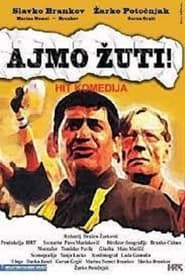 Ivek and Kruno are best friends...
Ivek and Kruno are best friends...Go, Yellow 2001
Ivek and Kruno are best friends, both passionate supporters of a suburban Zagreb football club. When a nouveau riche businessman Čabraja enters the club's managing board with ambitious plans, and soon becomes the club's president, the two friends are divided. While Kruno is enthusiastic over the club's newly found success, Ivek is distrustful towards Čabraja and does not approve of his shady methods. Their friendship becomes increasingly strained.
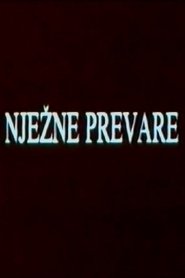 A 1988 SerboCroatian language drama film written...
A 1988 SerboCroatian language drama film written...Tender Infidelities 1988
A 1988 Serbo-Croatian language drama film written and directed by Dario Vince, starring Relja Bašić, Bozidar Boban and Ana Karić.
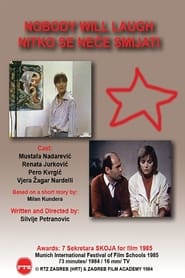 A young professor of art history...
A young professor of art history...Nobody Will Laugh 1985
A young professor of art history is pressed by communist superiors to write a positive review to an amateur scholar. He plays with an old man as well as with a young worker girl until he realizes he has lost everything.
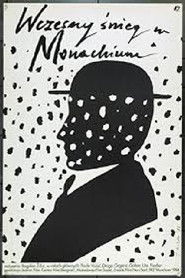 A Croatian guest worker who worked...
A Croatian guest worker who worked...Early Frost in Munich 1984
A Croatian guest worker who worked in Germany for many years, builds a house and a workshop for his 20 year old son back in their country of origin. However the son plans to marry his German girlfriend, and doesn't even think of returning to their land.
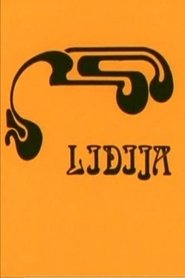 Lidija is a wealthy Zagreb lady...
Lidija is a wealthy Zagreb lady...Lidija 1981
Lidija is a wealthy Zagreb lady who, during the German occupation, begins to collaborate with Yugoslav Resistance.
 It follows the lives of two...
It follows the lives of two...Ana and Nives 1980
It follows the lives of two women; real-life painter Nives Kavurić-Kurtović and editor Ana who’s just working on editing of documentary on Nives.
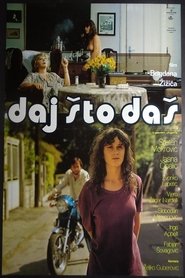 Zoran is a graduate student of...
Zoran is a graduate student of...Whatever You Can Spare 1979
Zoran is a graduate student of psychology and she gets a motorcycle as a present from his father. Being an unskilled driver, he stumbles upon a girl Biba and she breaks her leg. To prevent a possible lawsuit, he visits her in the hospital. They continue to see each other, and soon fall in love. Biba is a girl from suburban shanty, while Zoran comes from a well-to-do family, and his parents refuse to accept the girl. Young couple gets married and lives temporarily in Biba's home, where they drove out Biba's brother, a petty criminal. While looking for a new apartment, the marriage breaks down. Zoran shines at his exam with thesis on "People from socially broken families", while Biba gives birth to their child in the hospital.
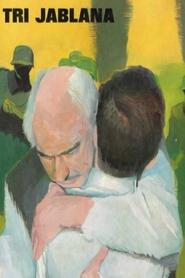 The film was created based on...
The film was created based on...Three Poplars 1976
The film was created based on the stories of Marino Zurl, head of humanitarian action of the weekly Arena newspapers, who from 1963 to 1971 was looking for the next of kin of children separated from their parents during World War II and taken to camps and shelters. Many of them later grew up in orphanages or foster families, like the three main characters of this film, Ana (Biserka Ipša), Nenad (Mustafa Nadarević) and Toma (Božidar Orešković). Each of them relates in a different way to the past and the possibility that, as young accomplished adults, they can finally solve the secret of their identity and meet members of their real families.
 This drama premiered in Zagreb in 1935...
This drama premiered in Zagreb in 1935...The Case of Graduate Wagner 1976
This drama premiered in Zagreb in 1935. The plot shows a young man from a well-to-do bourgeois family facing the anger of his parents over his absences from high school, behind which stands his forbidden love with a girl of humble working-class background.
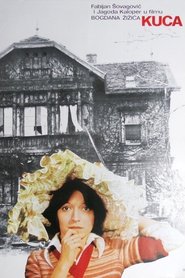 The manager of an exportimport company...
The manager of an exportimport company...The House 1975
The manager of an export-import company meets a young girl who claims that her parents have been taken their house away after WW2. After finding out this to be true, he offers to marry her which she accepts. However, it turns out that the house needs thorough restoration. Since his salary is not enough to cover its massive expenses, he puts his honesty on test.
 The plot depicts lives of several...
The plot depicts lives of several...God of the Play 1975
The plot depicts lives of several young people from Zagreb from the perspective of a girl carrying a “god of the play” doll.
 A story about a couple whose...
A story about a couple whose...To Live on Love 1973
A story about a couple whose problems start when she takes a job as a teacher in order to financially support his education.
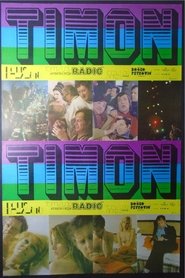 A theater premiere of Timon of...
A theater premiere of Timon of...Timon 1973
A theater premiere of Timon of Athens ends with a rapturous applause from the audience, and Boris, the lead actor (Boris Buzančić), is congratulated for having played the role of his lifetime. Encouraged by the sense of his own worth, he starts a romantic affair with a prompter, spurring gossip in the theater. The ensemble embarks on a tour, but as their performances achieve more success, Boris is becoming less liked among his colleagues, and he begins to experience the fate of the character he is playing...
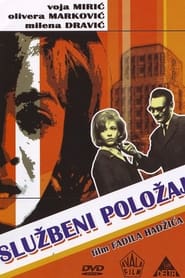 The managers of a textile enterprise...
The managers of a textile enterprise...Official Position 1964
The managers of a textile enterprise use various scams to obtain all kinds of personal benefits, until the machinations exposed.

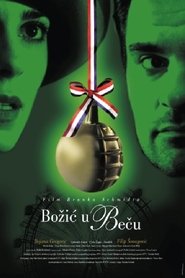 A young violinist who plays at...
A young violinist who plays at...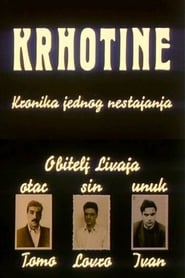 A young man is determined to...
A young man is determined to...